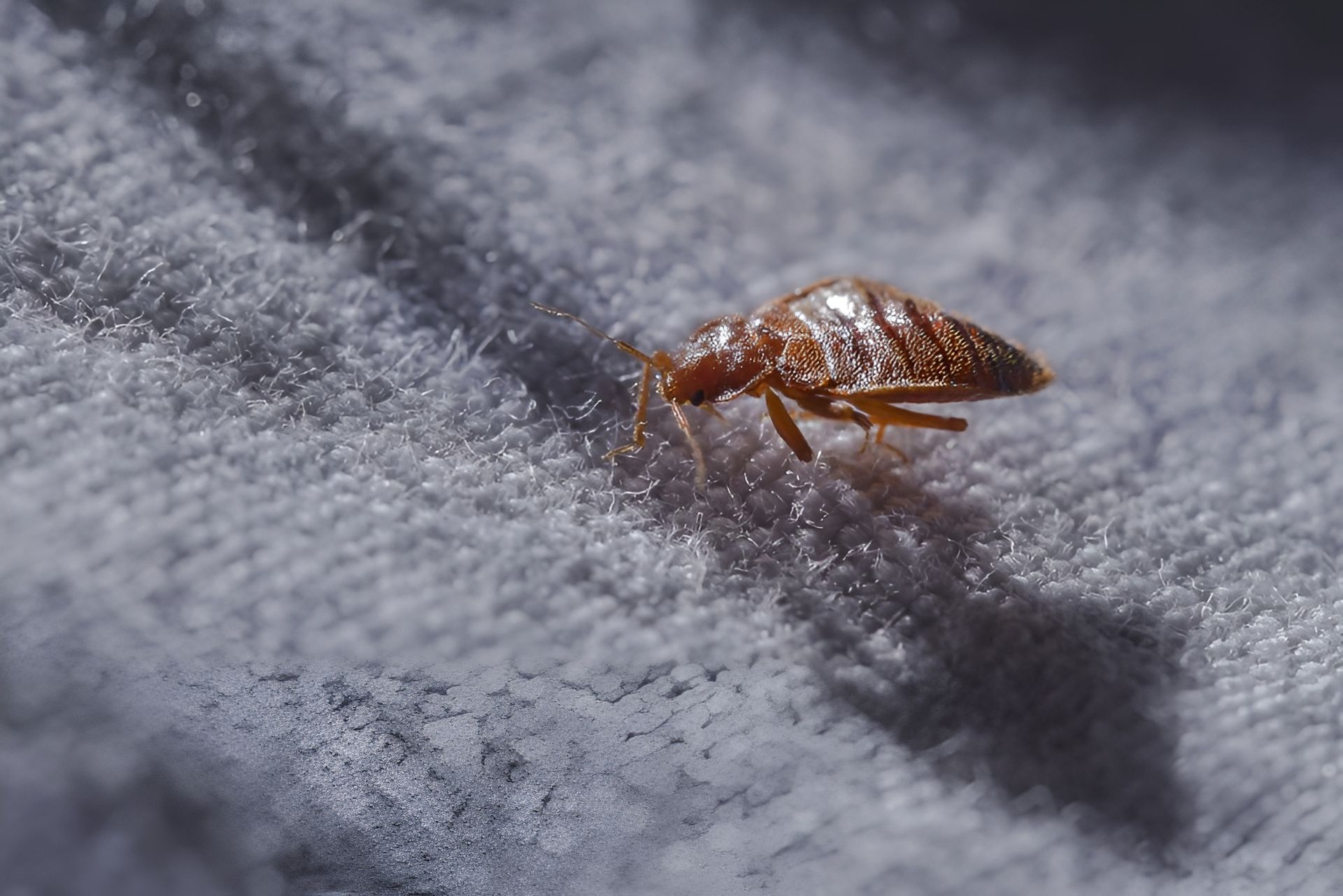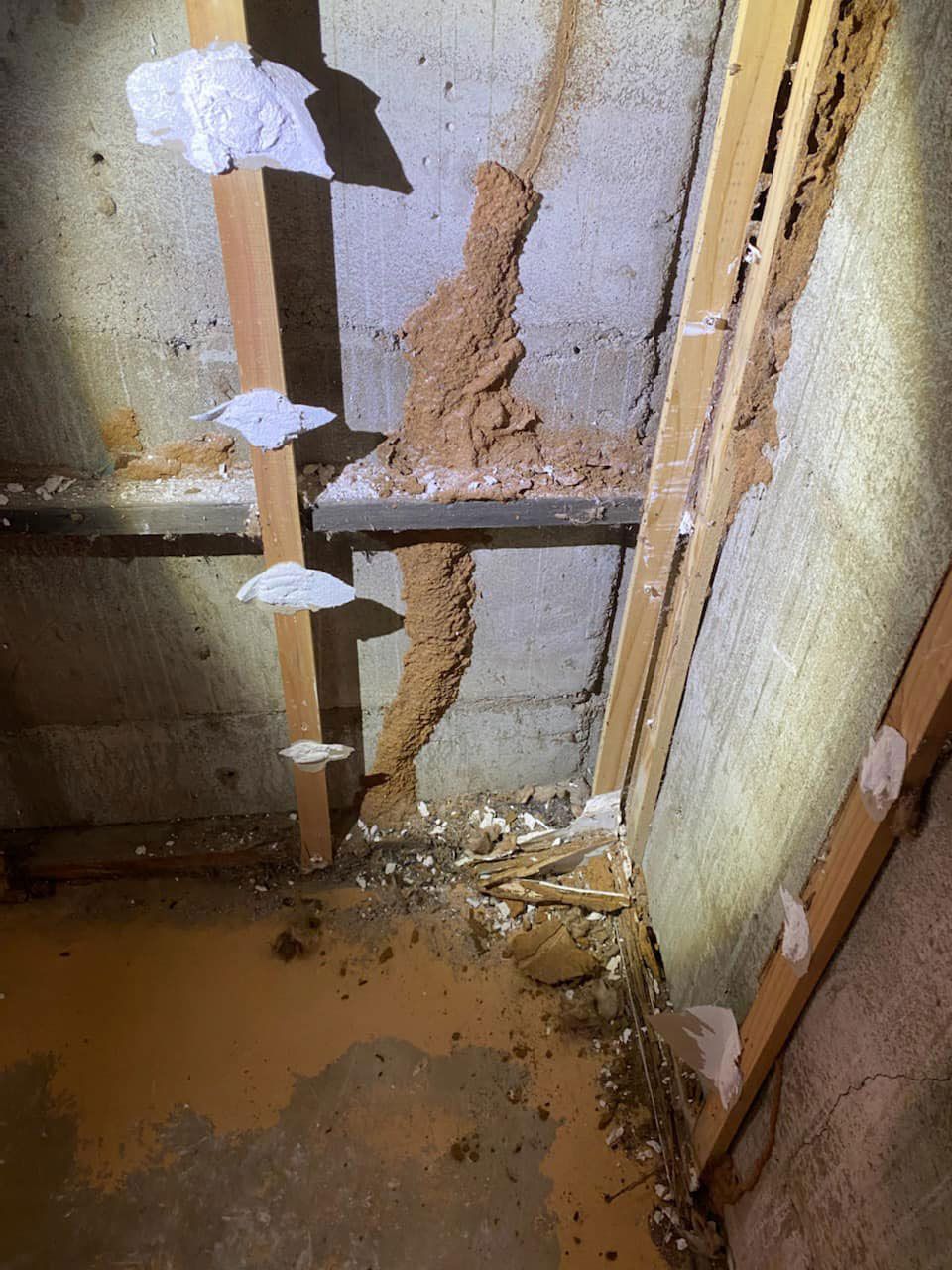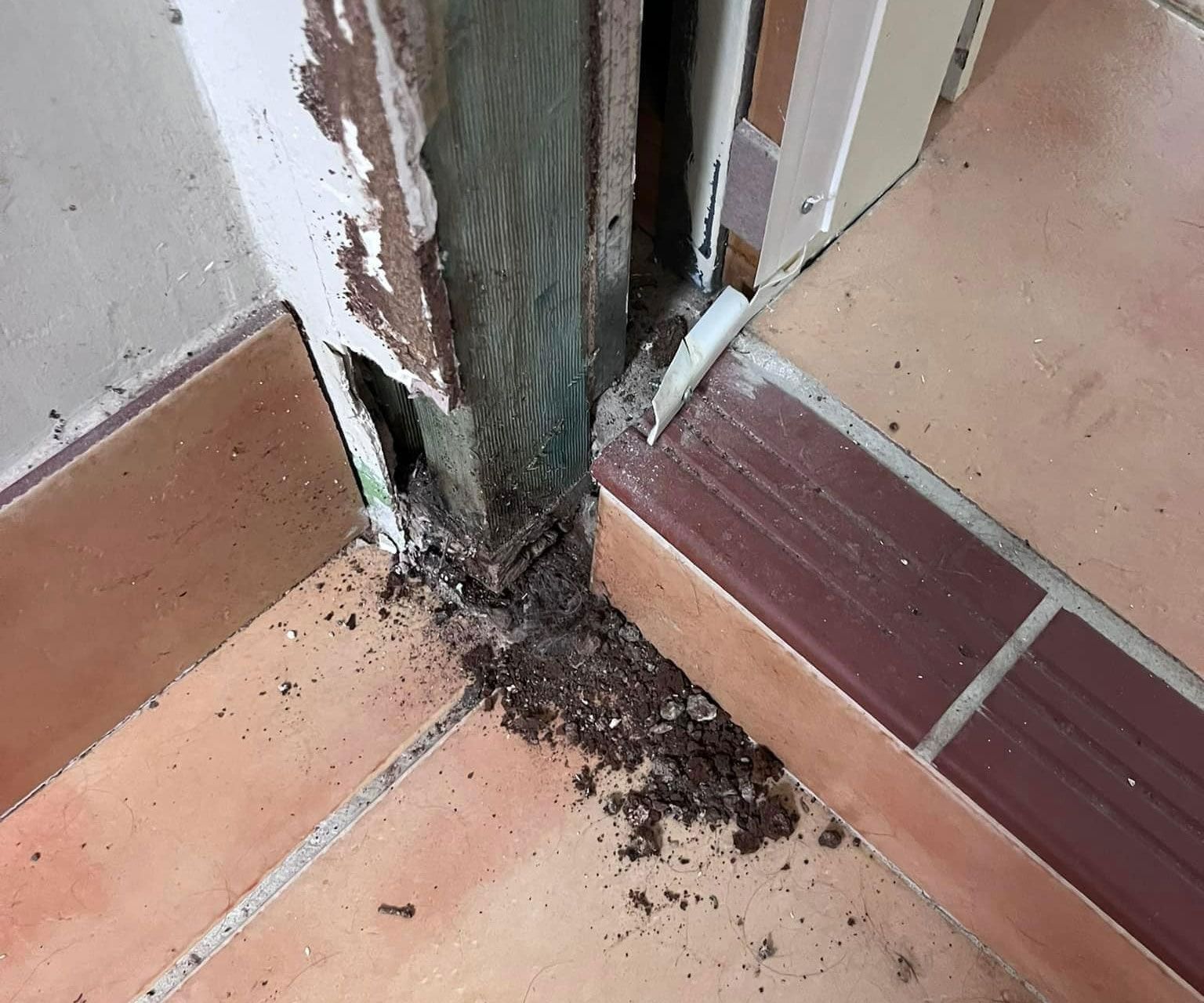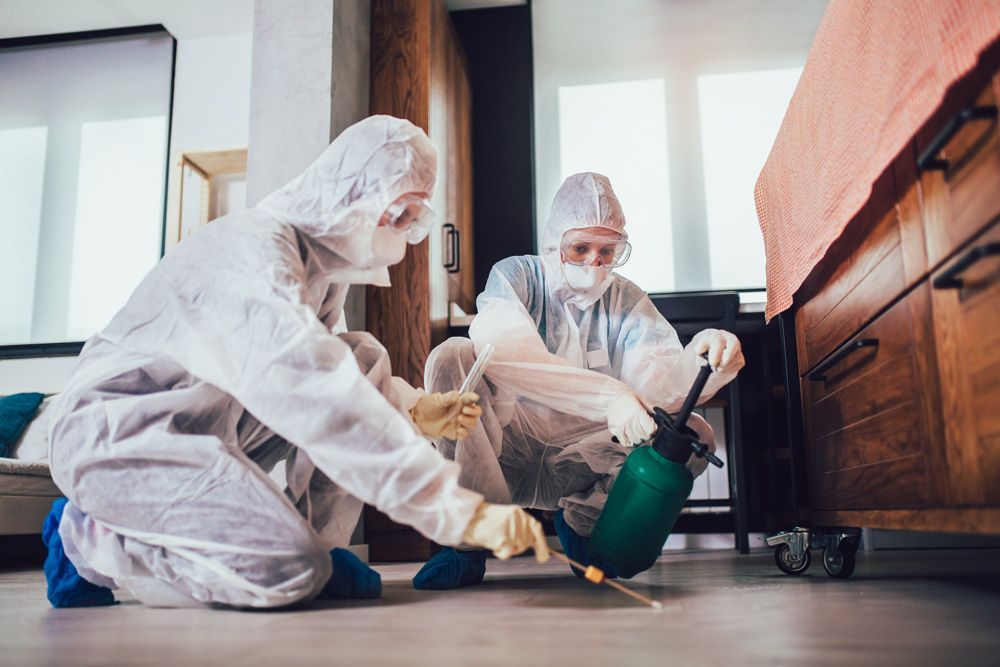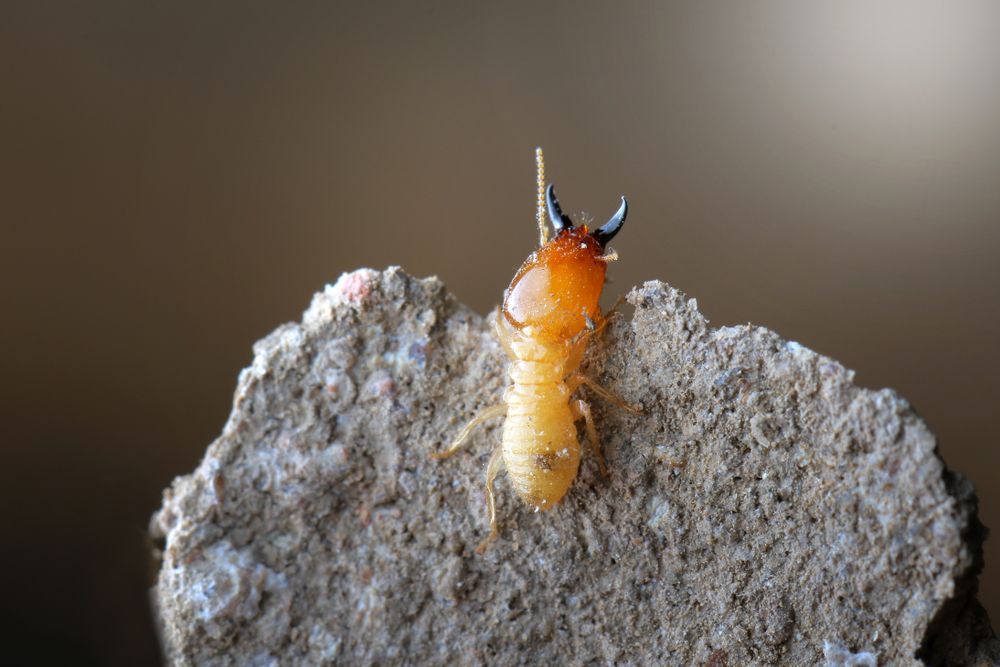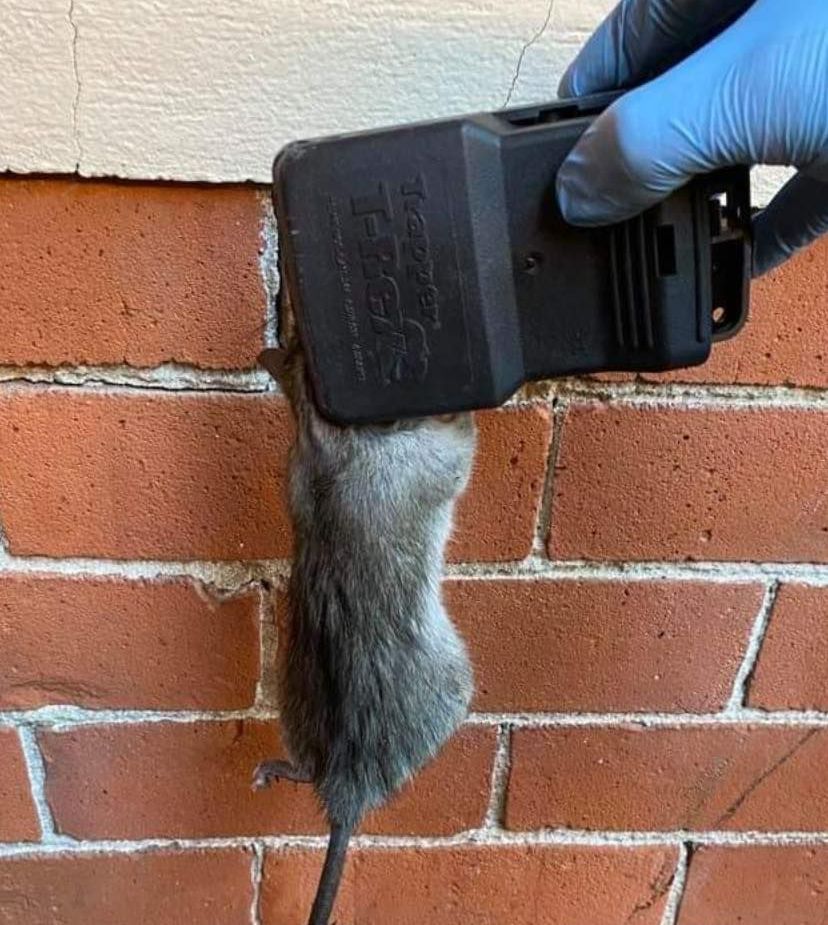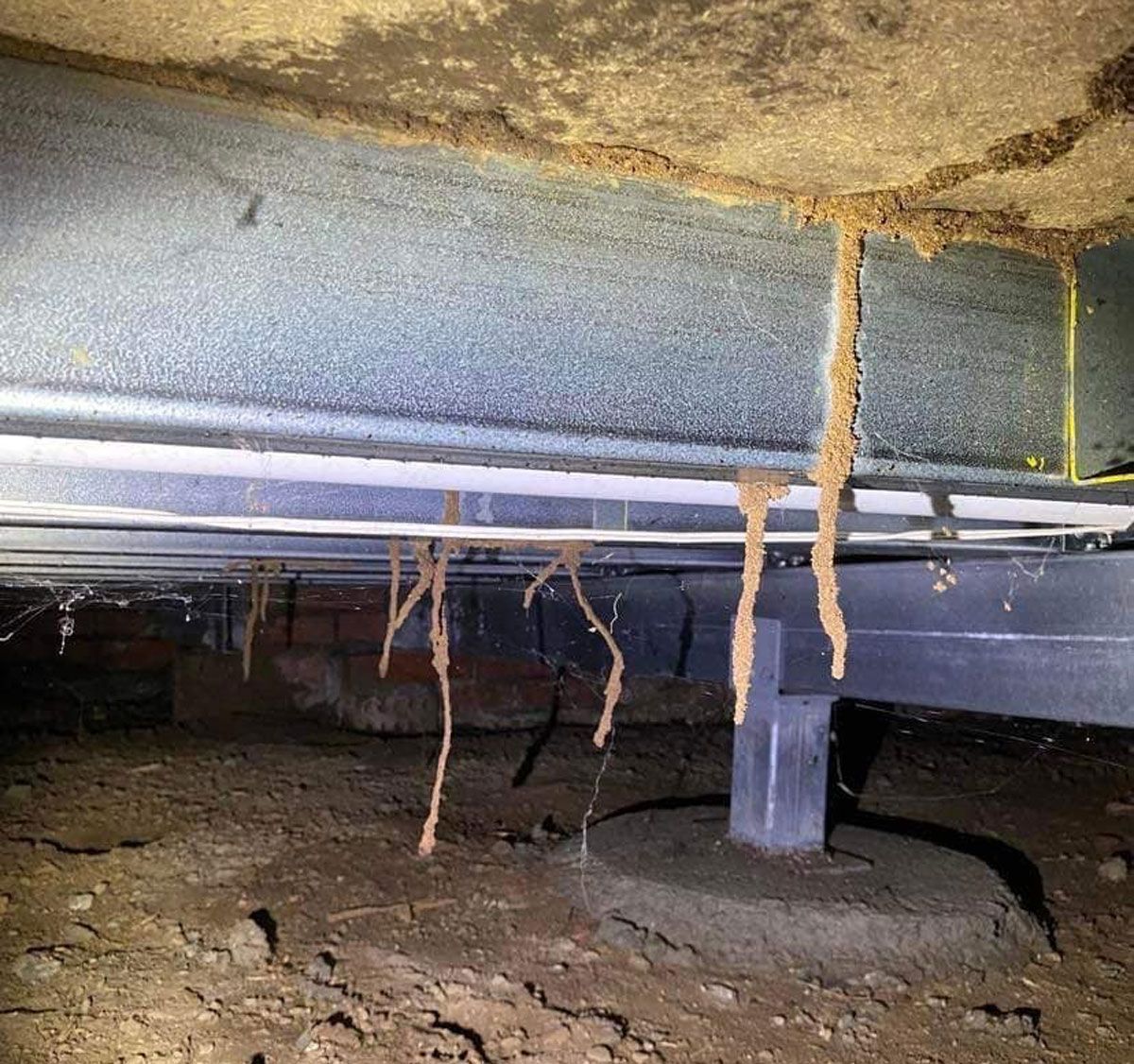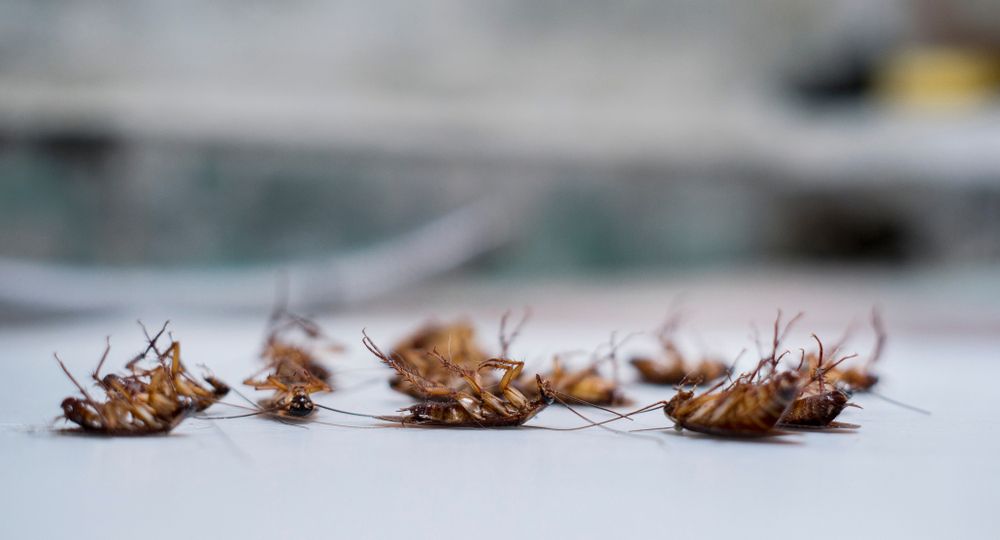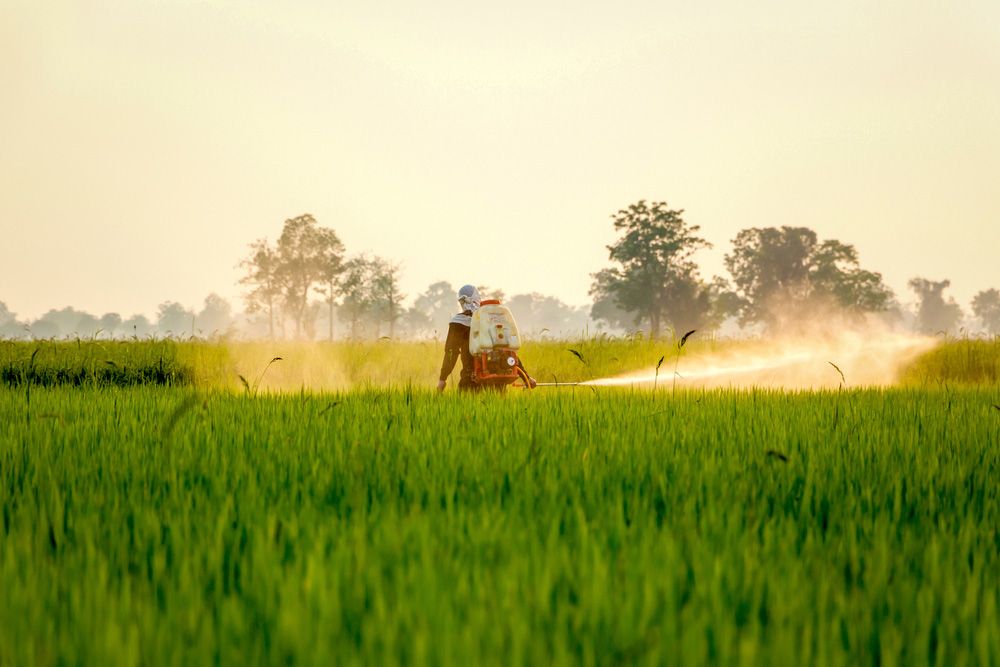What to Expect During a Professional Pest Inspection?
Pest inspections are essential for maintaining the safety and integrity of any property, particularly in environments where conditions can attract a wide range of pests, including termites. Whether you’re a homeowner preparing for a sale, a landlord conducting due diligence, or a business owner safeguarding your premises, a professional pest inspection helps identify and address threats before they escalate into structural damage or costly repairs.
If you’re wondering what to expect during a termite inspection, it involves more than just a quick glance.
Let’s explore the complete process of a professional pest inspection—from initial assessment to expert advice on future prevention—and understand why it’s a smart investment for anyone looking to manage pest control in Albury Wodonga.
Initial Consultation & Inspection Planning
Every professional pest inspection starts with a conversation. The inspector will speak with you about your property’s layout, history of pest issues, and any specific concerns you might have. This helps tailor the inspection to your unique circumstances.
Termite inspection: What to expect
- You’ll be asked about past pest problems or signs you've noticed.
- Inspectors will assess access points such as subfloors, crawl spaces, roof voids, and external areas.
- The schedule and expected duration of the inspection will be discussed.
Planning the inspection ensures the pest professional can thoroughly investigate all high-risk areas, particularly those susceptible to termite damage or rodent nesting.
Visual Inspection of Internal Areas
Once inside, the inspector conducts a methodical visual scan of your home or commercial premises. Moisture-prone zones are a key focus, as these areas often attract termites, ants, and cockroaches.
Internal inspection typically includes:
- Bathrooms, kitchens, and laundries should be inspected for signs of leaks or wood decay.
- Skirting boards, ceilings, door frames, and windowsills for termite mud trails or droppings.
- Roof voids and subfloor cavities for evidence of rodents, possums, or birds.
This stage helps identify current pest activity and structural conditions that may support infestations.
Thorough External Property Assessment
The exterior of your building and the surrounding land are just as critical to inspect as the interior. Many pest issues begin outdoors before migrating inside, especially when conducive conditions exist near the structure. Insects and rodents often use landscaping features, structural gaps, and organic debris as pathways or nesting grounds, making the outdoor environment a key focus during any inspection.
Key external areas inspected:
- Timber fences, pergolas, and garden beds are in contact with the house.
- Cracks in brickwork, foundation walls, and weep holes are used as entry points.
- Decking, retaining walls, and under-house spaces.
- Trees, stumps, and firewood piles are where termites commonly nest.
Identifying these risks early prevents external pests from entering the property and allows for timely remediation measures to reduce their habitat and access.
Use of Detection Tools & Technology
Advanced detection tools support visual checks by revealing what cannot be seen with the naked eye. These tools are particularly useful when checking for termites, which often cause hidden damage before becoming visible.
Common inspection tools include:
- Moisture meters are used to detect excess dampness in walls and floors.
- Thermal imaging cameras are used to identify heat signatures from pest nests or termite colonies.
- Acoustic tapping tools to detect hollowed timber or internal damage.
Complying with visual assessment with these technologies makes pest inspections far more accurate and effective.
Identification of Active or Historical Pest Activity
Throughout the inspection, the professional records signs of pest activity—whether it’s current, minor, or long-standing. Understanding the type and extent of infestations helps determine the next steps.
Signs inspectors look for:
- Termite frass (droppings) or mud tubes in concealed corners.
- Rodent droppings, chewed insulation, or gnawed food packaging.
- Dead insects, casings, or larvae in hard-to-reach areas.
- Wasps' nests, ant trails, or spider webs under eaves and window frames.
By cataloguing this evidence, inspectors can advise on whether immediate treatment is needed or if prevention measures will suffice.
Risk Assessment & Vulnerability Reporting
A professional inspection isn’t only about finding pests—it’s about assessing your property’s risk factors. In Albury Wodonga, seasonal changes, landscaping choices, and even building materials can affect your pest vulnerability.
The risk assessment will evaluate:
- Structural weaknesses such as unsealed gaps, broken flyscreens, or deteriorating weatherboards.
- Drainage and ventilation issues that create moisture build-up.
- Garden features like mulch, soil contact, or dense shrubbery near walls.
This insight helps property owners reduce the likelihood of future infestations and supports a long-term pest prevention strategy in Albury Wodonga.
Inspection Report & Recommendations
You will receive a detailed report at the end of the inspection. This document summarises findings, outlines problem areas, and includes photographs and diagrams.
Your report will typically contain:
- A breakdown of pest types identified and affected areas.
- Level of infestation—active, minor, or historical.
- Structural vulnerabilities that could attract pests.
- Clear treatment recommendations, such as baiting, spraying, or exclusion work.
This report is particularly useful for pre-purchase inspections. It allows potential buyers to make informed decisions, plan for future maintenance, or negotiate repairs with sellers before committing to a property.
Follow-Up Advice & Ongoing Pest Management
Pest inspections don’t stop at the report. Reputable providers will also offer guidance on maintaining pest-free conditions and suggest ongoing services if required. This might include setting up a yearly inspection schedule or targeted treatments.
Post-inspection services can include:
- Preventive treatments for termites, ants, or rodents.
- Recommendations on sealing cracks and improving drainage.
- Seasonal pest control tips for changing weather conditions.
- Regular monitoring for high-risk areas like sheds or roof voids.
Proactive planning is key in a region where pest pressures fluctuate with climate and location.
Secure Your Home with Professional Pest Removal in Albury Wodonga
At Professional Pest Control, we offer reliable pest inspections in Albury Wodonga designed to detect hidden infestations and prevent future outbreaks. Our approach is thorough, professional, and tailored to the needs of local homeowners, landlords, and business operators.
We understand the local pest environment and apply industry-standard technology to give you clear, actionable advice. Whether you’re buying a property, managing a lease, or safeguarding your family home, we’re here to help you stay ahead of pest problems.
Get in touch with us today to request an inspection. Let’s work together to protect your property from unwanted pests—now and in the future.
